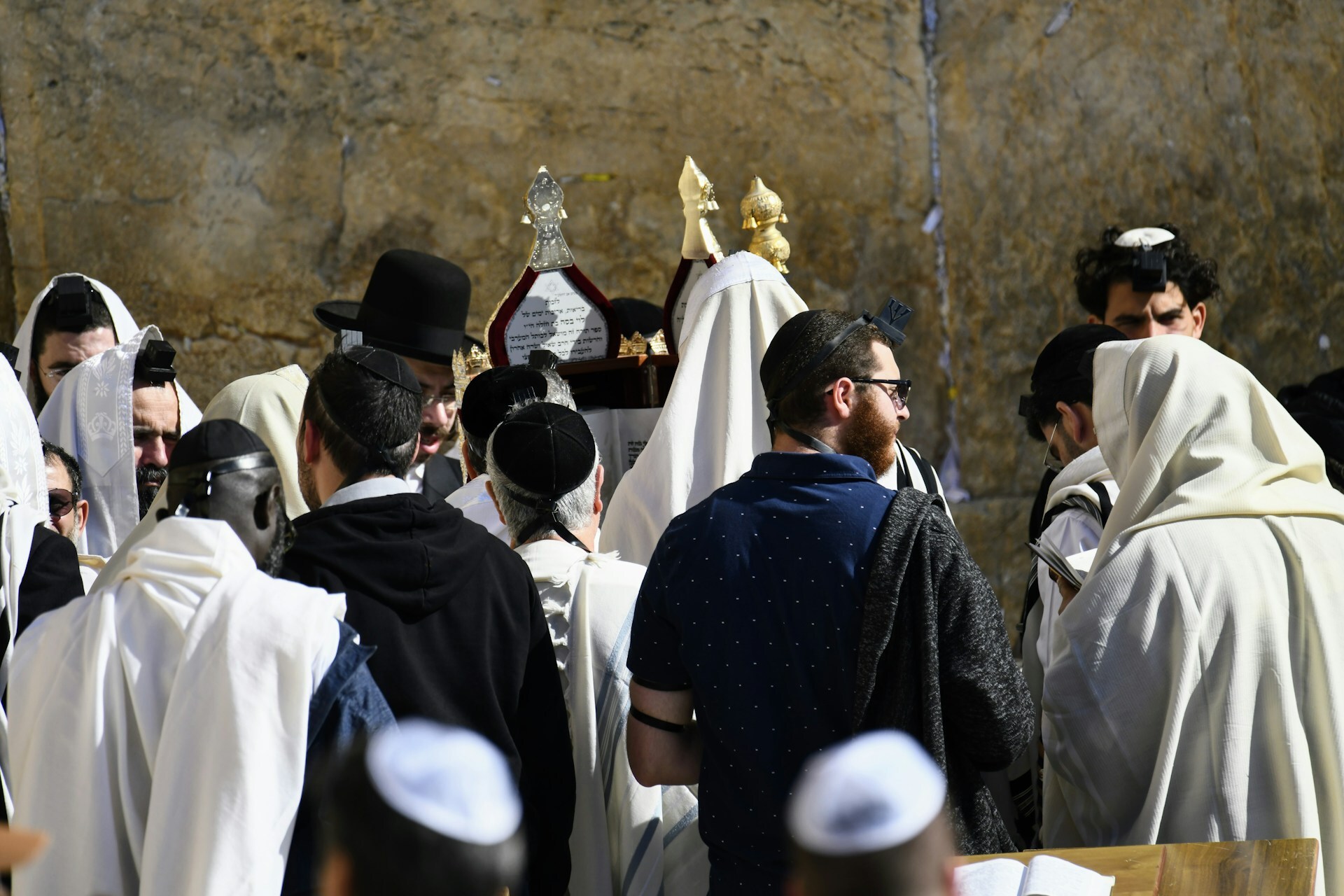Jewish Funerals in the UK: Customs, Traditions, and Rites
Dec 25, 2023
Jewish funerals in the UK adhere closely to tradition, rooted in the Torah. Variations exist based on the Jewish denomination, such as Orthodox, Liberal, or Reform Judaism. This article delves into the customs and rituals surrounding Jewish funerals in the UK.
Jewish Funeral Customs in the UK: A Closer Look
Jewish funerals in the UK follow a set of customs deeply rooted in religious tradition, with variations based on the deceased's affiliation with Orthodox, Liberal, or Reform Judaism.
The deceased's casket remains closed, and there is no viewing. The funeral service combines prayers and eulogies delivered by loved ones. Subsequently, a burial takes place in a designated Jewish Cemetery plot. Mourners then perform a symbolic hand washing ritual before possibly attending a shiva, typically held in the family home.
Planning a Jewish Funeral in the UK
Look for a funeral care provider who collaborates with Rabbis and Chevra kadishas across the UK to assist you in planning every aspect of a Jewish funeral, whether it's a complete service or specific elements.
Timing of Jewish Funerals in the UK
Jewish tradition emphasises swift burial, ideally within 24 hours of the death. Many individuals make prearrangements with their local rabbi, funeral home, or community members to expedite the process. However, delays can occur due to logistical or legal considerations. Furthermore, funerals cannot take place on the Sabbath or holy days, potentially postponing the service. In such cases, a memorial service may be organised to accommodate a broader attendance.
Cremation, Embalming, and Organ Donation
Orthodox Judaism in the UK opposes cremation, valuing earth burial. Reform Judaism accepts cremation, and its prevalence is increasing within the faith. Organ donation, with the intent to save lives (pikuach nefesh), is typically permitted, but family members often consult local experts in Jewish law and tradition for guidance. Jewish funeral customs recommend respectful body washing (Tahara) but not embalming, with a preference for minimal disturbance before burial.
What to Expect at a Jewish Funeral Service
While specifics may vary among Jewish denominations, the typical Jewish funeral service in the UK follows a consistent format:
Mourners assemble, with immediate family members remaining together before the funeral.
The rabbi pins a torn black ribbon on mourners, symbolising their grief (or a torn black garment at an Orthodox funeral).
Mourners enter the schul and are seated in the front rows.
Prayers are recited.
A eulogy is delivered in memory of the deceased.
Family members leave the schul after the "El Malei Rachamim" is recited.
Pallbearers carry the casket to the cemetery for burial.
Etiquette and Dress Code at a Jewish Funeral in the UK
When attending a Jewish funeral in the UK, observe these etiquette and dress code guidelines:
Arrive early, as Jewish funerals begin promptly.
Avoid approaching the main group of mourners unless greeted by the family.
Speak softly, as funerals are not social events.
Dress modestly in formal, black attire. Women should wear long dresses or skirts; men should wear dark suits and a yarmulke (provided at the service).
Expect no flowers, music, or recording devices.
What Happens After a Jewish Funeral?
Following the burial, a reception may be held at the synagogue or a family member's home, where mirrors may be covered in a tradition of respect for the deceased. Subsequently, the shiva period begins.
Understanding Shiva
Shiva, meaning "seven" in Hebrew, lasts seven days and is observed by the closest family members after the funeral. During this mourning period:
Mourners stay at home and refrain from work or school.
They sit on low stools or cushions to symbolize their loss.
A yahrzeit memorial candle remains lit throughout.
House doors are left unlocked for friends to visit, pay respects, and bring food.
Three daily prayer sessions are held, with a shiva "minyan" of ten adult Jews leading the prayers.
Wrap-Up:
Jewish funerals in the UK encompass a rich tapestry of customs and traditions that honor the deceased while providing solace to the bereaved. Understanding these practices and adhering to proper etiquette is essential when paying respects at a Jewish funeral.
Brandon Pazitka
Co-founder and CEO Timist
